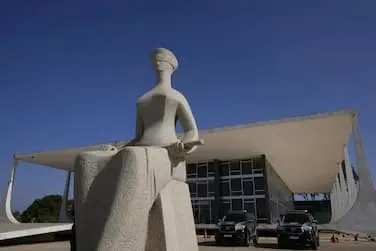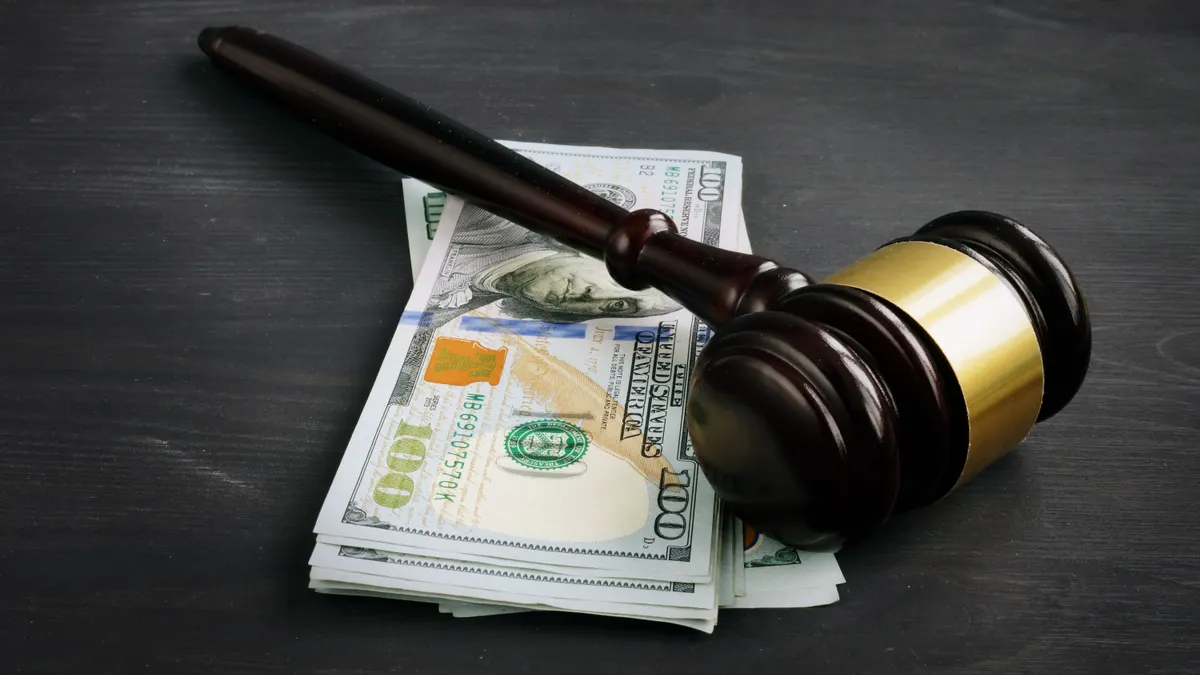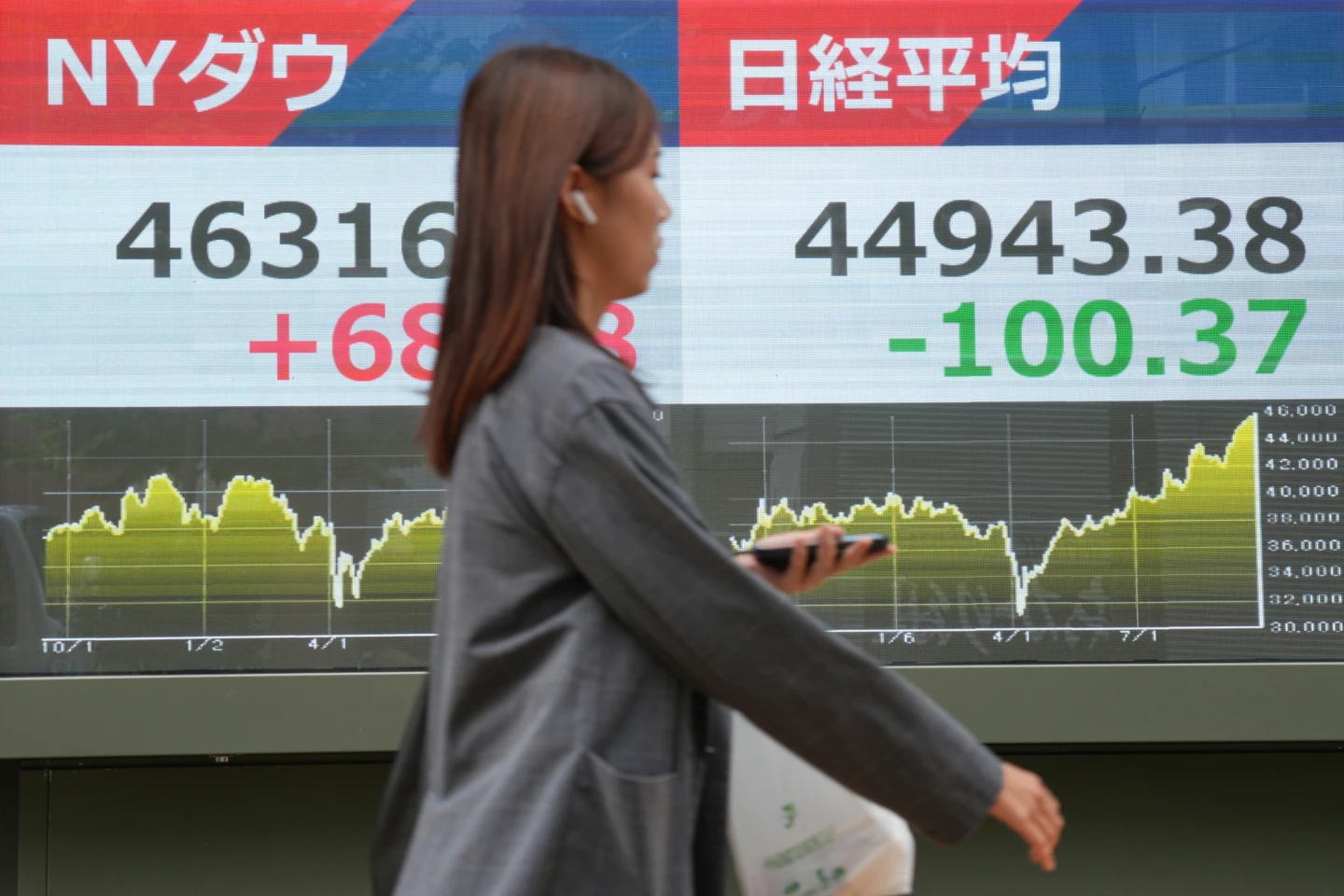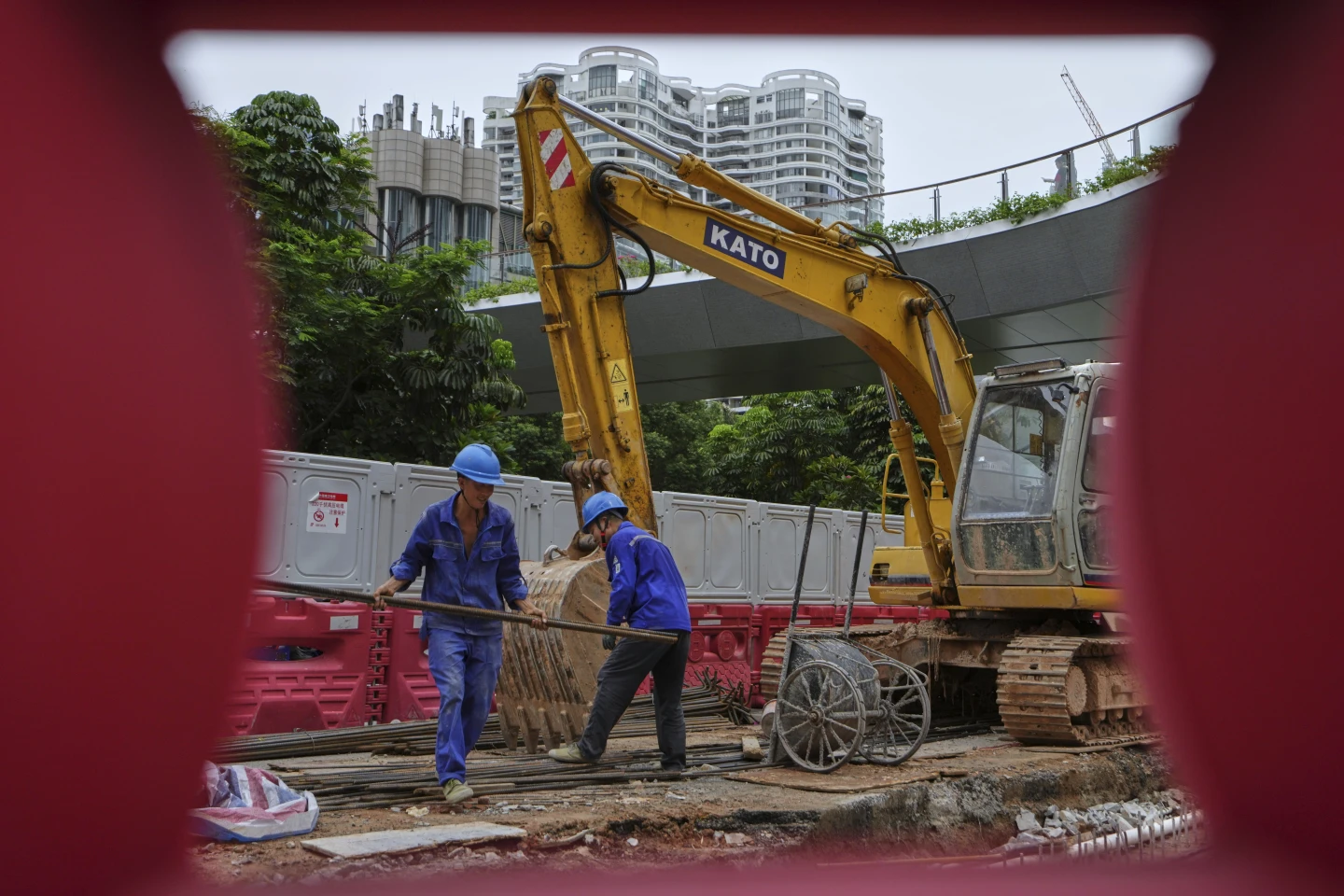Brazil’s Supreme Court Rules Social Media Platforms Can Be Held Liable for User Content
In a landmark ruling, Brazil’s Supreme Court has paved the way for social media companies to be held responsible for user-generated content under certain conditions, reshaping digital liability laws across Latin America's largest democracy.
In a major decision that could redefine internet governance in Latin America, Brazil’s Supreme Court ruled that social media platforms can be held liable for content posted by users, marking a pivotal shift in how digital platforms operate under Brazilian law. The decision, which was closely watched by free speech advocates, tech firms, and government officials, emerged from a long-running legal battle over the responsibility of platforms like Facebook, Instagram, YouTube, and X (formerly Twitter) in policing harmful or defamatory content. With a majority vote, the Supreme Federal Court (STF) concluded that platforms can be held accountable if they fail to act promptly after being notified of illegal content.
The ruling does not impose blanket liability on platforms for all user-generated content. Instead, it introduces conditional liability: a social media company can be sued or penalized if it is informed of content that violates the law and does not remove it within a “reasonable time frame. ” This decision reinforces Brazil’s growing role as a global regulator of Big Tech, joining other jurisdictions like the European Union in pursuing stricter accountability measures for online platforms.
Legal Background of the Case The ruling stems from a 2017 defamation case, in which a Brazilian woman sued a tech company after a user posted offensive and false information about her online. The platform refused to take down the content, arguing it was not its responsibility unless ordered to do so by a court. Lower courts had delivered conflicting opinions on whether platforms bore any responsibility, and the case eventually landed in the Supreme Court for clarification on how Brazil’s Marco Civil da Internet (Brazil’s Civil Rights Framework for the Internet) should be interpreted in relation to content moderation.
The Supreme Court’s majority ruled that the Marco Civil does not shield companies from liability when they ignore explicit takedown requests from users, even in the absence of a formal court order. The justices argued that freedom of expression must be balanced against the protection of individual rights, including privacy, dignity, and safety. A New Era of Platform Responsibility Legal analysts say the decision introduces a “duty of care” for platforms operating in Brazil — requiring them to respond quickly and responsibly when notified of illegal content.
The ruling applies to content that may include defamation, hate speech, harassment, incitement to violence, misinformation, and child exploitation, among others. Justice Dias Toffoli, writing for the majority, said: “The right to free expression cannot be used as a shield for abuse, nor can it be divorced from the duty to protect human dignity and the democratic order. ” This new legal interpretation effectively requires tech companies to create more robust content moderation systems, including user complaint mechanisms and quicker review processes.
Companies may also need to increase local staffing and legal teams in Brazil to ensure compliance. Tech Industry Response Social media companies reacted cautiously to the ruling. Several tech firms expressed concern that the decision might lead to over-moderation or censorship, with platforms feeling pressured to remove content rapidly, even when legal violations are unclear.
A joint statement from industry group ABDI (Brazilian Association of Digital Industry) said: “We respect the Court’s decision and will work to comply with all legal standards. However, we caution that vague guidelines on ‘reasonable time’ may lead to uncertainty, reduced freedom of expression, and a chilling effect on online discourse. ” Despite those concerns, Brazil’s legal experts stress that the ruling is not an open door for mass censorship, as liability still hinges on whether companies have been notified of specific violations and failed to act.
International Context This decision puts Brazil at the forefront of global digital regulation, alongside the EU’s Digital Services Act (DSA) and India’s recent guidelines on social media responsibility. In contrast, the United States’ Section 230 of the Communications Decency Act continues to shield tech platforms from most content liability — a protection that Brazil’s ruling sharply diverges from. In fact, Brazil’s ruling may influence other democracies in the Global South, where the balance between online expression and public safety is still being actively debated.
Countries such as Argentina, South Africa, and Indonesia have been observing Brazil’s digital regulatory path closely. Implications for the Future For Brazilian users, the ruling could lead to faster removal of harmful or illegal content, potentially improving safety online — especially for women, minorities, and marginalized communities often targeted by online abuse. However, critics worry that vague enforcement mechanisms or inconsistent moderation policies could lead to platforms over-removing legitimate speech to avoid legal risks.
Human rights groups have urged Brazilian regulators to monitor enforcement carefully and provide clear guidance to prevent misuse. Some legal scholars also predict a wave of civil lawsuits against tech companies in Brazil, as users and public figures test the new limits of platform liability. The Brazilian Congress is also considering a broader “Fake News Bill” that would further regulate digital platforms, including provisions for identity verification, content traceability, and stricter penalties for disinformation campaigns.
While that bill remains stalled, the Supreme Court’s ruling may give it fresh momentum. A Turning Point in Brazil’s Digital Democracy The Supreme Court’s decision reflects a broader reckoning in Brazil over the role of social media in public life, particularly after years of political polarization, misinformation campaigns, and online harassment. The country, which boasts over 100 million active social media users, has faced challenges with digital content during elections, public health crises, and protests.
Regulators have increasingly sought to ensure that tech platforms serve democratic values rather than undermine them. Justice Rosa Weber, who supported the ruling, concluded her remarks by saying: “Freedom of expression is a pillar of democracy — but it is not absolute. It must coexist with responsibility, legality, and the protection of the individual.
” Conclusion The Supreme Court’s landmark ruling is set to reshape the responsibilities of social media companies in Brazil, demanding a higher standard of accountability for harmful or illegal content. While the long-term impacts remain to be seen, the decision places Brazil at the center of the global debate on digital rights, tech regulation, and the future of online expression. As platforms adjust their policies and lawmakers debate new legislation, Brazil may serve as a bellwether for how democracies balance the promise and peril of the digital age.
22nd july 2025



